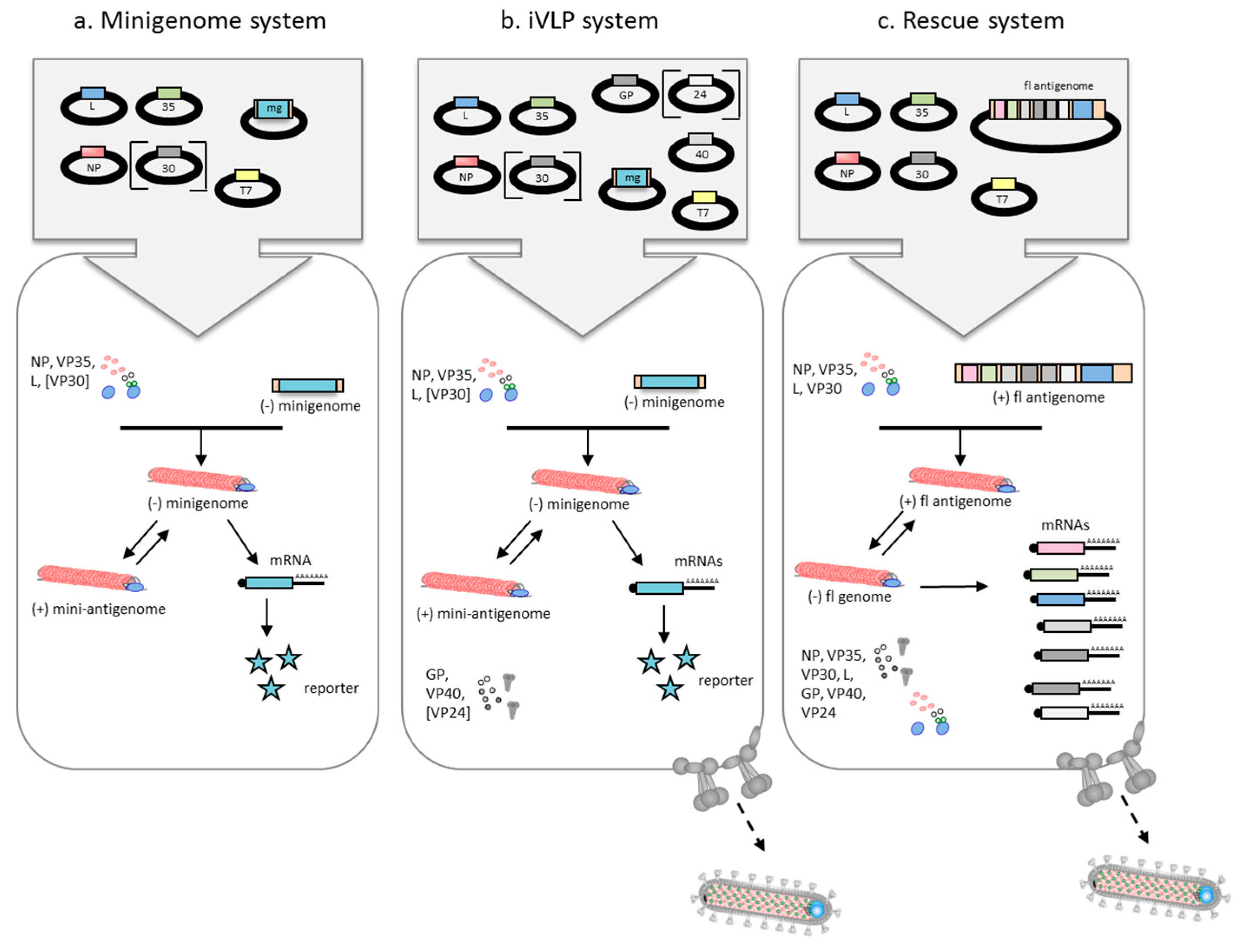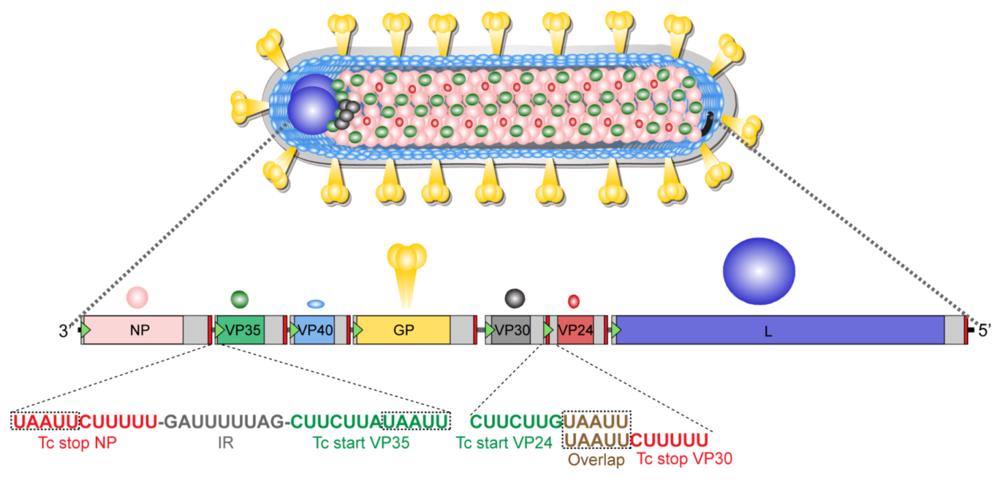

The influence of the old way (via antiqua) contrasts with the influence on Luther of the modern way (via moderna). His education in Vienna and Basel introduced him to scholasticism as well as to humanism, with the study of the writings of Peter Lombard, Thomas Aquinas, and Johannes Duns Scotus. Swiss patriotism influenced Zwingli as a boy, as Swiss humanism influenced him as a young man. His life and ministry developed differently from Luther’s and some of the differences in context, education, and experience are factors in explaining the differences in their ministry and theology. Huldrych Zwingli was born in January 1484, just six weeks after Luther. © Luca Baschera, Bruce Gordon, Christian Moser and the contributors 2014.

How those pasts spoke to the present and how they were heard tell us a great deal not only about the distinctive nature of Zurich and Zwinglianism, but also about locality, history, and religious change in the European Reformation. This book focuses on Zwingli's successors and on their interpretations of the recent and distant past: the choices they made, and why. But their appropriation depended on the interplay of past ideals with the pressing demands of a sixteenth-century reform movement troubled by internal dissention and constantly under attack. The Bible, theology, church institutions, pedagogy, and humanist scholarship were the lifeblood of the Reformation. Their reading and appropriation of history was no mere rhetorical exercise or polemical defence. The essays of this volume examine the immediacy of antiquity, early Christianity, and the Middle Ages for the Zurich reformers. After Zwingli's sudden death, the next generation was committed to the institutional and intellectual establishment of the Reformation through ongoing dialogue with the past. In creating a new Christian order, Zwingli and his colleagues sought biblical, historical, literary, and political models to shape and defend their radical reforms. The humanist culture of this city was shaped by a remarkable sodality of scholars, many of whom had been associated with Erasmus. As a portrait of Zwingli emerges against the historic backdrop of war, division and strife, his lasting contributions to the convictions and practices of Protestantism, especially in Baptist and Presbyterian life, should become apparent.įollowing Zwingli explores history, scholarship, and memory in Reformation Zurich. His was a life characterized by volatility his Reformation was contested every step of the way. Beginning with his haunting experiences as a young chaplain in the Swiss army and culminating with his early death on the battlefield at Kappel, conflict shaped Zwingli’s life, ministry and theology. His battles moved well beyond those of his contemporary reformers. And in Zwingli’s case war was both figurative and literal. Still, conflict not only facilitated and drove Zwingli’s Reformation, but was also a theme woven throughout his life. Such was the nature of religious renewal and reform in the sixteenth century. All the Protestant reformers experienced an element of conflict as a part of their work. In fact, this essay will argue that almost all of the Reformation gains made by Zwingli over the course of roughly twenty-five years of ministry took place through conflict. However, his contribution to the changing religious ethos of Reformation Europe was pivotal, yet always accompanied by controversy.

Despite his stature, Reformation historiography has sadly relegated Zwingli to a lesser status behind reformers such as Martin Luther, Philip Melanchthon, and John Calvin. The Swiss reformer Huldrych Zwingli was a pioneering and domineering voice during the early sixteenth century, especially at the genesis of the Protestant Reformation.


 0 kommentar(er)
0 kommentar(er)
